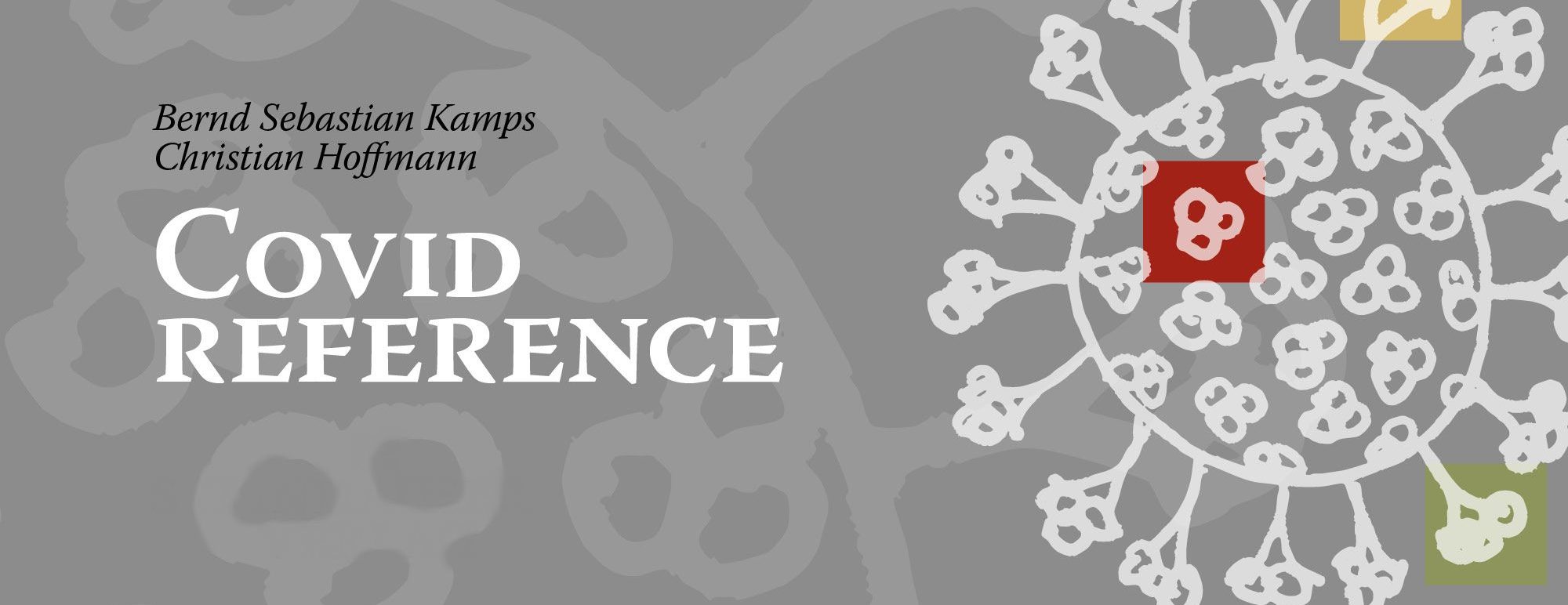This version will undergo additional copyediting, typesetting and review before it is published in its final form, but we are providing this version to give it early visibility.
Week 30
Summary
This week may be recalled as the timid beginning of the second European COVID-19 wave. At the beginning of the week, bars in Barcelona were ordered to limit the number of clients. On Saturday, Norway and the UK imposed a 10 (UK: 14) day quarantine on all people coming back from Spain, mostly holidaymakers, and Barcelona ordered the closure of discos, dance halls, etc. All over the continent, outbreaks are linked to seasonal farm laborers, family meetings and night life. 2020 tourism was severely affected by the continent-wide spring lockdowns. It is now doubtful that the holiday season will continue to summer’s end.
The daily new cases in Australia:

Figure 30.1. Daily new cases in Australia (blue line: 7-day monthly average).
Monday, 20 July
This is vaccine day. Andrew Pollard and colleagues report their phase 1/2 randomized trial of a chimpanzee adenovirus-vectored vaccine (ChAdOx1 nCoV-19); and Wei Chen and colleagues report results from a randomized phase 2 trial of an Ad5-vectored COVID-19 vaccine. Read also the comment by Naor Bar-Zeev and William John Moss.
In Sao Paulo, 900 health professionals will participate in a phase 3 trial of a vaccine developed by the Chinese Sinovac Biotech laboratory. In total, the vaccine will be offered to 9,000 volunteers in six Brazilian states.
In France, the wearing of a mask becomes compulsory in closed places which are open to the public.
In Barcelona, the capacity in bars is limited to 50%. Visits to nursing homes are prohibited.
Tuesday, 21 July
Historic pact of the European Union to overcome the COVID-19 crisis: for the first time in its history, the EU member states will borrow money to finance an extraordinary economic stimulus with 390,000 million in grants and 360,000 million in credits, sending a strong message that they will continue to stay together. Presidents in the east and in the west will have taken notice (see also The Guardian).
Indian authorities claim that SARS-CoV-2 antibody testing of people living in the Delhi region showed that 23.5% had antibodies against the virus. Samples from 21,387 people were examined. This percentage would be 50 times higher than the officially reported figures. Delhi, with a population of 29 million, has reported only 123,747 infections.
Jennifer Steinhauer and Thomas Gibbons-Neff explain how American military officials are trying to contain the spread of the SARS-Cov-2 in its ranks (The New York Times).
See also the feature by The Guardian: How coronavirus is reshaping Europe’s tourism hotspots. An opportunity to rethink their business model?
Barcelona reduces the capacity of its beaches (El País).
Wednesday, 22 July
Belgium is recording a significant increase in Covid-19 cases. During the period July 12-18, the number of new infections rose 89% with an average of 184 cases diagnosed per day, up from 98 the week before. Most cases are among people between 20 and 59 years old who were infected during parties or gatherings.
On the eve of a four-day long weekend in Japan, the governor of Tokyo calls on her constituents to stay at home, as the number of new daily cases of Covid-19 is sharply increasing in the region. As Covid-19 infections appear to be spreading widely, the Japanese capital is on its maximum alert level.
In Spain, 40% of people newly infected with SARS-CoV-2 are under 40 years of age and most do not know where they have been infected.
Thursday, 23 July
The Spanish newspaper El País sounds the alarm: The virus rebounds in Spain: data from 10 communities show more infections and more hospitalizations.
In the U.S., SARS-CoV2 testing laboratories struggle to find the chemicals and plastic pieces they need to carry out coronavirus tests (The New York Times).
Lazaro Gamio, Sarah Mervosh and Keith Collins show Where the Virus Is Sending People to Hospitals.
Friday, 24 July
Authorities order the closure of nightlife (discos, dance halls, etc.) in Catalonia for at least 15 days. The hours of activity in casinos and game rooms are limited until midnight (El País + El País).
Norway reinstates mandatory 10-day quarantine for travelers coming back from Spain.
The U.K. makes wearing masks compulsory in stores.
The New York Times and El País ask “Who will receive the first COVID vaccines?”
Lauren Leatherby publishes How the U.S. compares With the world’s worst coronavirus hot spots.
Saturday, 25 July
Catalonia exceeds 50 hospitalized daily, 10 times more than the figures reported by the Ministry of Health (El País).
In Belgium, wearing masks is now compulsory on markets, in shopping streets, in hotels, cafes and restaurants (except at the table).
With immediate effect, the UK re-quarantines travelers from Spain. Those who come back home must isolate themselves for 14 days. This measure will affect Spain’s tourism industry. But not only Spain is suffering.
If you read Spanish, read El coronavirus ha repuntado en 30 provincias: el mapa con la situación de los contagios en cada una | En el último mes han aumentado los casos y las hospitalizaciones en media España (El País).
